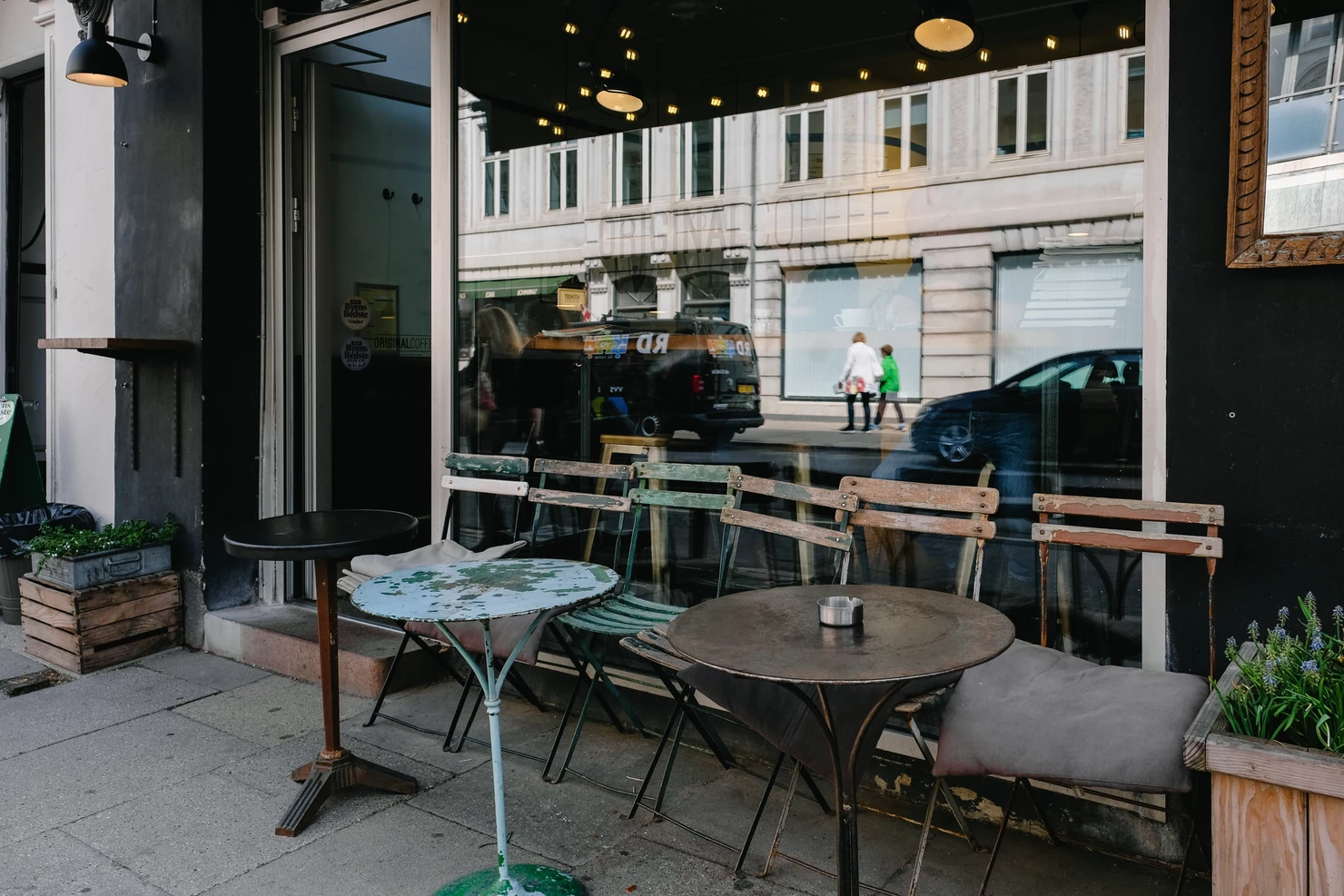Writer: Lisa Quigley
Editor: Emily Rzeznicki
Less than 24-hours after the announcement that Ontario’s third lockdown is finally lifting, I returned to the restaurant that I have worked at for almost three years. I make myself a coffee and settle into what was once my usual perch. Laptop, phone, and papers sprawled across the bar in lieu of a ‘host stand’. First, I check the phone.
A full voicemail plus 172 missed calls. I open my computer; 65 unread reservation requests sit in my inbox. My chest tightens and my stomach curls.
My initial excitement abruptly replaced with anxiety as reality sinks in. A sudden sense of guilt washes over me, and I try to stop my brain from spiralling. “Shouldn’t I be happy to have a job again? Why can’t I share the same enthusiasm as these guests?” The anxiety turns to annoyance as I scroll through some very specific requests that are a reminder of classic pre-pandemic demands, and now seem that much more unreasonable. “Do they even realize what restaurants have been through?!” My annoyance towards these guests is misdirected in part, I know. I have been genuinely excited to see the many familiar faces sitting at our tables. I feel grateful for the overwhelming support and kind words that have been shared. But as I return to working full time while living through a pandemic, I am learning that I can hold space for those feelings whilst acknowledging my frustration and resentment toward the overall lack of awareness for what workers have endured in the restaurant industry.
I love dining out and have missed it just as much as the next person. People should be excited to dine out again. A great restaurant experience is unparalleled. It is not just about what is on the plate; all front and back of house components need to work cohesively together to create the ideal experience for a guest. You can have impeccable food and drink, but if the atmosphere or service is off, it changes everything. I want guests to return to our restaurant because of how memorable their last pre-covid visit was. But there needs to be a change in expectation and what we have deemed as ‘normal.’ Because the truth is, our standard of normality has always been broken when it comes to the treatment of hospitality workers by guests or management pre-pandemic.
It is hard to believe that an industry with such high standards of service has such a lack of standard of care for its workers and their mental well-being. Dining out is a luxury and a privilege, not a right, and it needs to start being treated as such.
It is no secret that those working in retail and hospitality have been hit the hardest during the pandemic. And I am not talking about the business side of things. The pandemic has forced acknowledgement of the systemic issues that riddle the industry for its workers- misogyny, racism, and insecure pay, just to name a few. Additionally, there is the psychological stress from the multiple lockdowns enforced by the Ontario government that have had significant and deleterious effects on us- not only because of the lack of clarity or guidelines for our operations, but because of their conscious dismissal of our needs and lack of adequate support. Our government made it clear that our wellbeing does not matter to them.
The pandemic shone light on issues within the industry that while always being prevalent, only started to join public discourse these past 15 months. By which I mean the unsustainable long hours and late nights in an extremely high-stress environment, all the while being underpaid and regularly threatened with your expendability. In addition, your livelihood is based on a guest’s subjective opinion of your service, which is often (subconsciously, or not) biased by prejudice of race and/or gender, or even their mood in that given hour. And now, such conversation and momentum to create healthier, more equitable and psychologically safe restaurants has been left to the wayside as managers scramble to staff their patios and keep up with the demand.
The hospitality industry is precarious at the best of times, and the current labour shortage we are facing is strongly tied to an intolerance for the way the industry has run for centuries, which is why we cannot afford to let such discussions and awareness be placed on the back burner.
The community’s overall eager, grateful response to restaurants is proof that we DO matter, and that this conversation must continue; we are essential. And though this word has been tainted, now representing the harsh divide of who is deemed economically important by those at the top, it can still be reclaimed to encompass a more nuanced understanding. Restaurants are essential because we represent and reflect the community we exist in. We create a space where people come together to savor an experience unlike any other.
Restaurants represent so much of what we as a society lacked in the pandemic – connection, intimacy, creativity, and shared pleasure.
Before we lose sight of the goals we need to achieve to obtain proper equity in hospitality and food service establishments, let us all recognize how we may contribute to the perpetuation of an archaic system. As a guest, worker, manager, or owner, we need to be cognizant to not fall back into the routines we were once so used to. Instead of leaning on the familiarity and comfort of past habits, let us collectively lean into the discomfort of changing the status quo.
Written by Lisa Quigley & edited by Emily Rzeznicki for Not 9 to 5.



